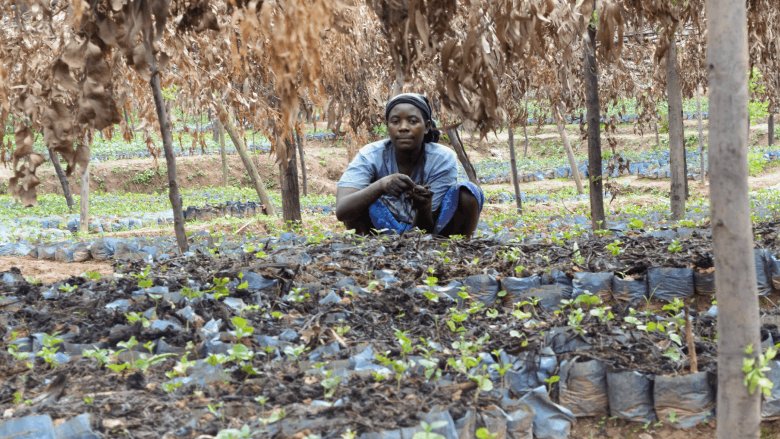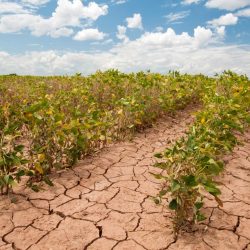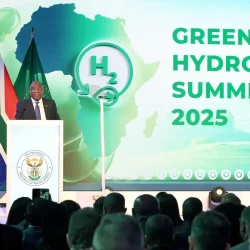MAPUTO – The World Food Programme (WFP) has issued an urgent call for proposals, seeking strategic partners to bolster climate-resilient food and nutrition security for women, youth, and smallholder farmers in Mozambique’s conflict-affected Cabo Delgado province. With a deadline of June 30, 2025, the initiative, dubbed “SCALE UP,” aims to significantly enhance and sustain critical interventions in a region grappling with both insecurity and the escalating impacts of climate change.
This ambitious programme, with a budget ceiling of US$2.1 million, is not merely about providing aid; it’s a strategic push to transform agricultural practices and foster economic self-sufficiency. The WFP is looking for organisations that can not only deepen the existing impact of its work in Mocímboa de Praia but also introduce groundbreaking approaches to ensure long-term sustainability.
At the core of the WFP’s vision is a commitment to local ownership and innovation. Prospective implementing partners will be expected to work hand-in-glove with current project operators, ensuring seamless continuity and avoiding any duplication of efforts. However, the true prize for successful applicants lies in their ability to weave in novel strategies, particularly in vital areas such as peer-to-peer knowledge sharing among farmers, improved financial inclusion for vulnerable groups, and a tangible strengthening of community-led initiatives.
The scope of work is expansive, touching upon critical sectors including food security, agricultural inputs, livelihoods, community mobilisation, and the bedrock of rural development: microfinance, microcredit, and revolving loan funds. A significant emphasis will also be placed on empowering smallholder farmers to access and thrive within agricultural markets.
The initiative is structured around three key components:
- Component 1: Socio-economic and Investment Plans: This focuses on implementing tailored WEFE (Water-Energy-Food-Ecosystems) based plans for women, youth, and other vulnerable groups, aiming for tangible socio-economic upliftment.
- Component 2: Capacity Building: The programme seeks to strengthen the capacities of government entities, implementing partners, and local communities in applying conflict-sensitive, WEFE-based, and nature-based solutions to rehabilitate and protect vital ecosystems.
- Component 3: Private Sector Development: A crucial element, this component aims to enhance private sector development and investment within the agricultural landscape, fostering sustainable economic growth.
The deliverables paint a clear picture of the expected impact: reaching 5,000 households, with a strong emphasis on female participation, through rural transformation centres, equipping them with training in post-harvest handling, and improving access to quality agricultural inputs and bundled micro-insurance. The digital realm is also a key target, with 5,000 households expected to utilise digital financial and agricultural market services, including the “Farm2Go” platform.
Beyond immediate agricultural upliftment, the project aims to involve 25 government representatives in designing and implementing conflict-sensitive nature-based solutions, and crucially, link three such solutions to carbon markets. Furthermore, the programme envisions up to six new solutions to attract private sector investments in agriculture, and importantly, train 350-400 youth in basic skills to unlock employment opportunities within the private sector and public-private partnerships.
For non-governmental organisations and other entities with a proven track record in food security, livelihoods, and community development, this WFP Request for Proposals represents a significant opportunity to contribute to a more resilient and food-secure future for some of Mozambique’s most vulnerable populations. The clock is ticking, as concepts need to be transformed into concrete proposals by the end of the month.




